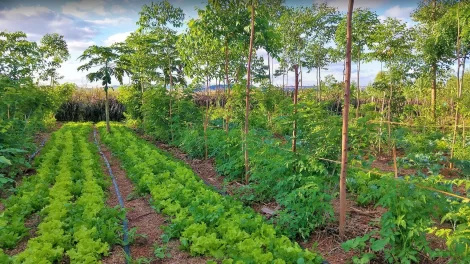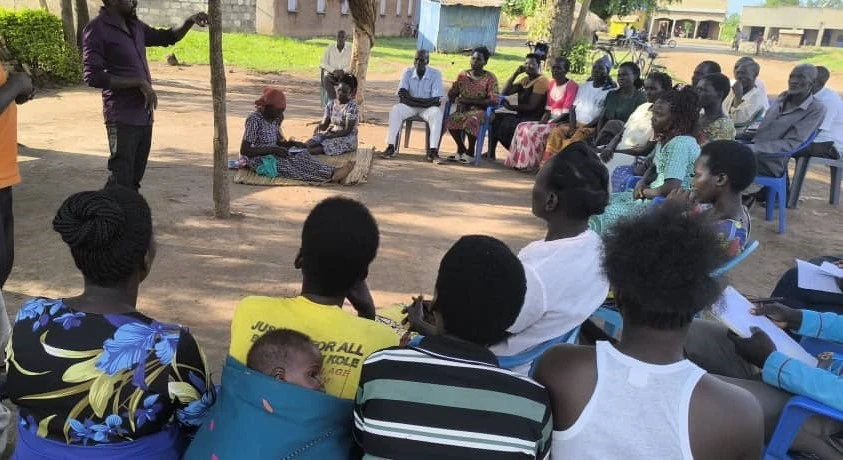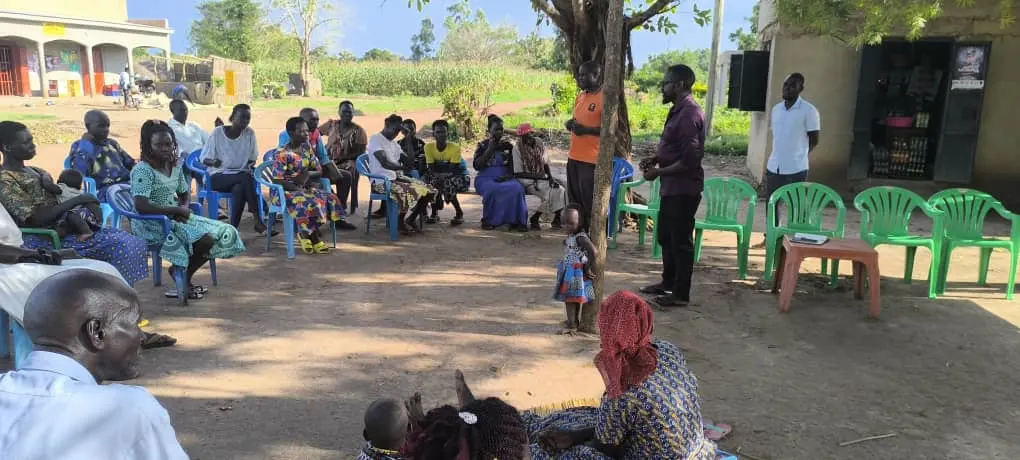Biodiversity plays a crucial role in maintaining the health and sustainability of agricultural systems. Agrosahas International PVT LTD recognizes the significance of biodiversity and actively works to promote and protect it through various initiatives. This blog explores the importance of biodiversity in agriculture, the roles it plays in sustainable farming, and Agrosahas’ efforts to maintain and enhance biodiversity.
The Importance of Biodiversity in Agriculture
Biodiversity, the variety of life forms within a given ecosystem, is fundamental to the health and stability of agricultural systems. It encompasses the diversity of plants, animals, microorganisms, and the genetic differences within these species. In agriculture, biodiversity ensures the resilience of crops and livestock, supports ecosystem services, and contributes to sustainable farming practices.
Roles of Biodiversity in Sustainable Agriculture
- Enhancing Soil Health: Diverse plant species contribute to soil fertility by improving nutrient cycling and organic matter content. This leads to healthier soils that can support robust crop growth.
- Pest and Disease Control: Biodiversity helps in natural pest management by supporting a variety of predators and parasites that control pest populations. This reduces the need for chemical pesticides and promotes a balanced ecosystem.
- Pollination: A diverse range of pollinators is essential for the production of many crops. Biodiversity ensures the presence of these pollinators, which are critical for food production and crop yields.
- Climate Resilience: Biodiverse agricultural systems are more resilient to climate change. They can better withstand extreme weather events, diseases, and pests, ensuring food security in the face of environmental challenges.

The Role of Biodiversity in Understanding Ecosystems
Biodiversity is a key indicator of the health and functionality of ecosystems. It helps scientists and farmers understand the intricate relationships between different species and their environments. By studying biodiversity, we gain insights into how ecosystems function, how they respond to changes, and how we can manage them sustainably.
- Ecosystem Services: Biodiversity underpins ecosystem services, which are the benefits that humans derive from ecosystems. These services include provisioning services (e.g., food and water), regulating services (e.g., climate regulation and pest control), cultural services (e.g., recreational and spiritual benefits), and supporting services (e.g., nutrient cycling and soil formation).
- Resilience and Stability: Ecosystems with high biodiversity are more stable and resilient to disturbances. They can recover more quickly from environmental stresses and continue to provide essential services.
Agrosahas’ Efforts to Maintain Biodiversity
Agrosahas International PVT LTD is dedicated to promoting biodiversity through various initiatives that support sustainable agriculture and ecosystem health.
- Agroforestry Practices: Agrosahas encourages the integration of trees and shrubs into farming systems. This practice enhances biodiversity by providing habitats for various species and improving soil health through organic matter inputs.
- Crop Diversification: Promoting the cultivation of a wide range of crops helps maintain genetic diversity and reduces the risk of crop failure due to pests, diseases, or climatic events. Agrosahas provides farmers with access to diverse seed varieties and training on crop rotation techniques.
- Conservation Agriculture: Agrosahas advocates for conservation agriculture practices that minimize soil disturbance, maintain soil cover, and enhance biodiversity. These practices improve soil health, water retention, and carbon sequestration, contributing to sustainable farming.
- Wildlife Conservation: By creating wildlife-friendly habitats on farms, Agrosahas supports the conservation of native species and promotes ecological balance. This includes establishing buffer zones, hedgerows, and wetland areas that provide refuge for wildlife.
- Community Engagement: Agrosahas engages with local communities to raise awareness about the importance of biodiversity and involve them in conservation efforts. Educational programs, workshops, and community projects foster a culture of biodiversity conservation.

Case Studies: Agrosahas’ Impact on Biodiversity
- Success Story 1: Enhancing Pollinator Habitats
In Eastern Uganda, Agrosahas collaborated with local farmers to establish pollinator-friendly habitats. By planting native flowering plants and creating nesting sites, the project increased pollinator populations and improved crop yields. - Success Story 2: Promoting Agroforestry
Agrosahas implemented an agroforestry project in Northern Uganda, where farmers integrated trees into their farming systems. The project improved soil fertility, provided additional income sources from timber and fruit, and enhanced biodiversity on farms. - Success Story 3: Conservation Agriculture Training
Agrosahas conducted training sessions on conservation agriculture practices for smallholder farmers. As a result, farmers adopted practices such as minimum tillage, cover cropping, and crop rotation, leading to improved soil health and increased biodiversity.
Conclusion
Biodiversity is essential for the sustainability and resilience of agricultural systems. Agrosahas International PVT LTD’s commitment to promoting and protecting biodiversity through sustainable farming practices is making a significant impact on the health of ecosystems and the livelihoods of farmers. By enhancing soil health, supporting natural pest management, and promoting crop diversification, Agrosahas is fostering a more sustainable and resilient agricultural future.




